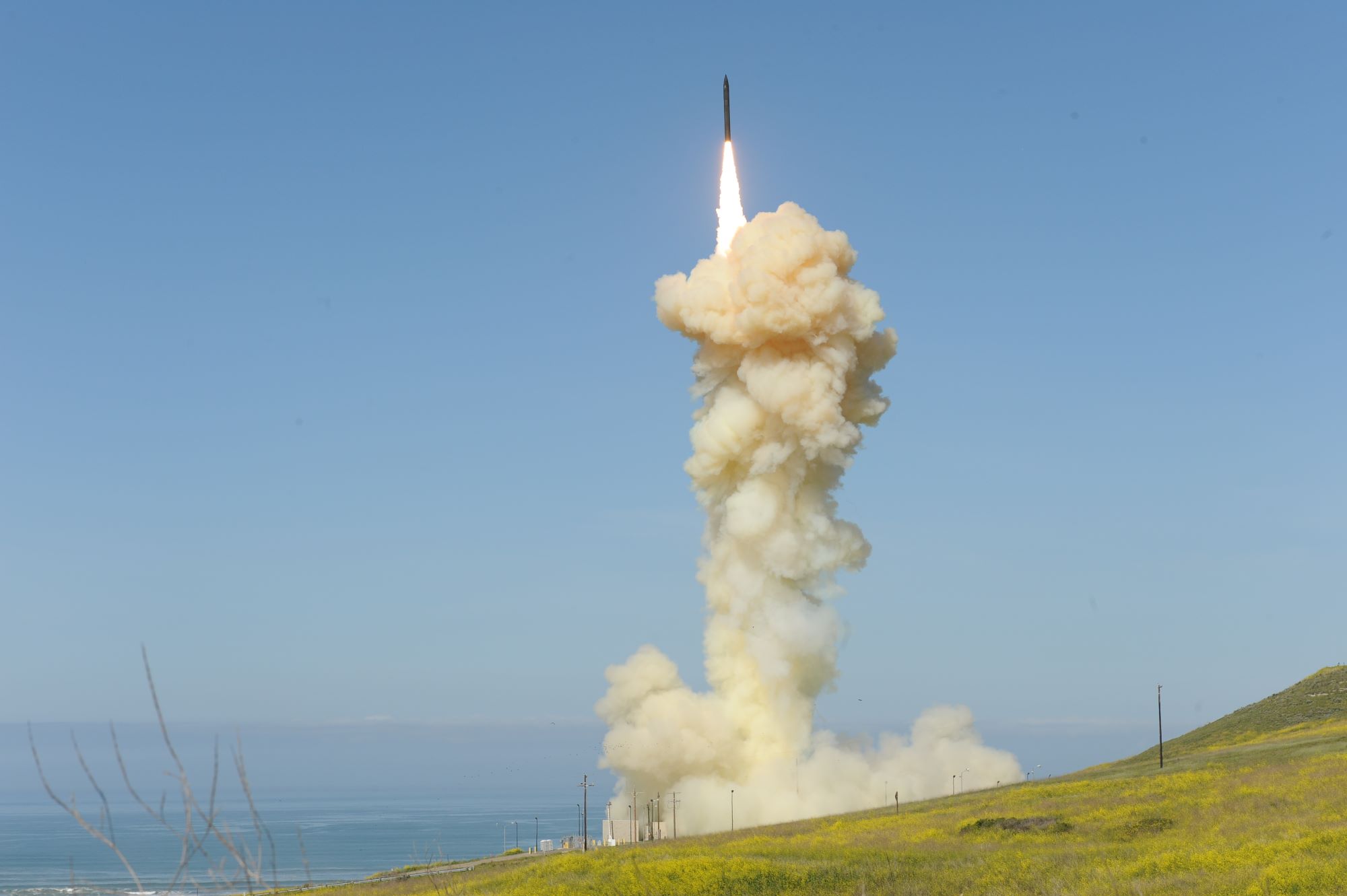The virtual seminar will be held from 12:30 to 2 pm (E.T).
At their June 2021 summit, Presidents Biden and Putin agreed that the United States and Russia will begin an integrated bilateral strategic stability dialogue to lay the groundwork for future arms control and risk reduction measures. This presentation will suggest four topics that should be on the table in this dialogue: limits on ballistic missile defense; elimination of silo-based intercontinental ballistic missiles; prohibition of intermediate-range nuclear-armed missiles; a common nuclear declaratory policy. A case will be made for a US bilateral strategic stability dialogue with China on the same four topics. The presentation is based on an October 2021 article in the Bulletin of the Atomic Scientists.
About the speaker: Rob Goldston is a Professor of Astrophysics at Princeton University and Associated Faculty with Princeton’s Program on Science and Global Security. He was the director of the Princeton Plasma Physics Laboratory (1997–2009). He does research on fusion energy, as well as on arms control and non-proliferation. He was named a “Leading Global Thinker” by Foreign Policy Magazine in 2014 for his work on nuclear warhead verification for arms control and disarmament purposes. He serves on the board of the Council for a Livable World.
